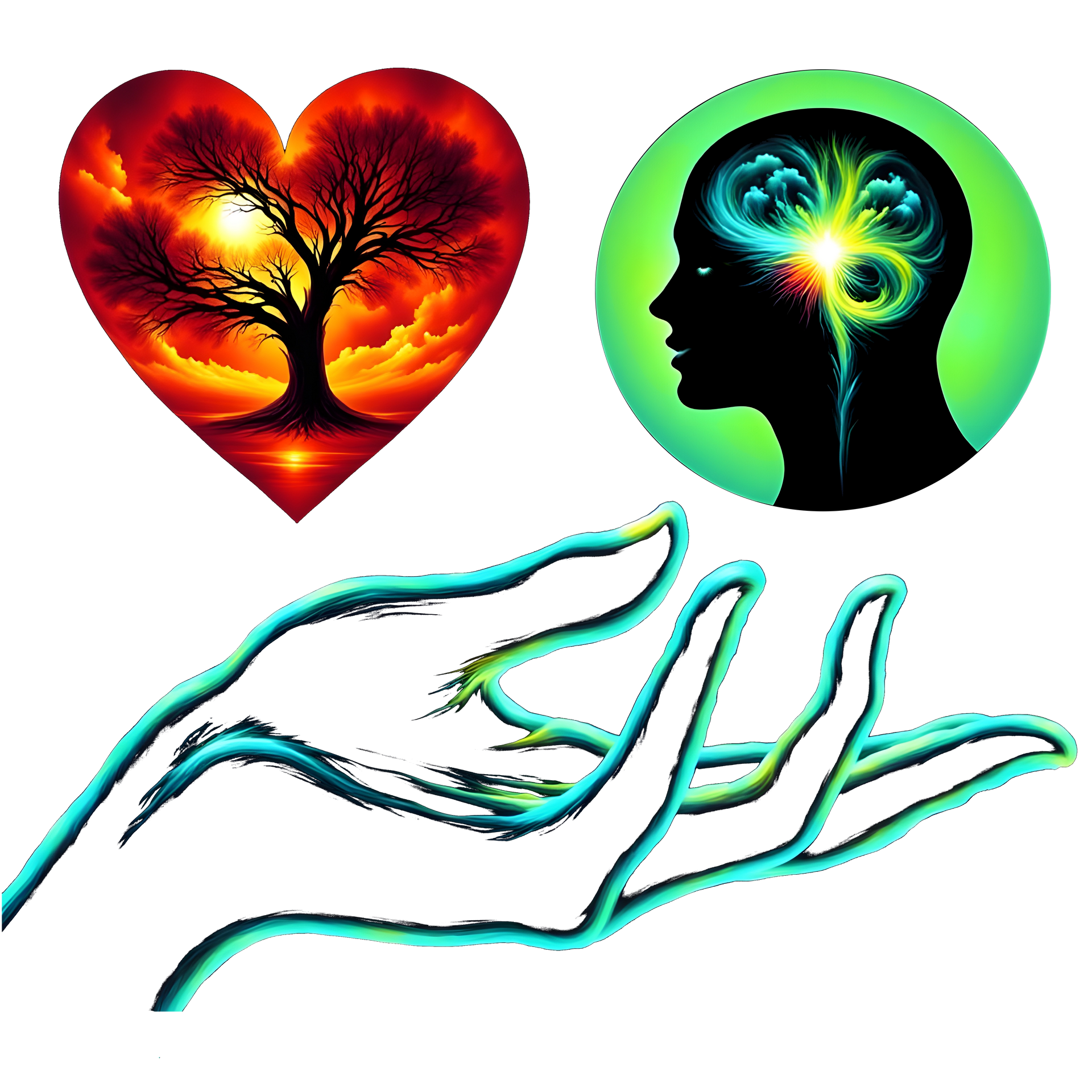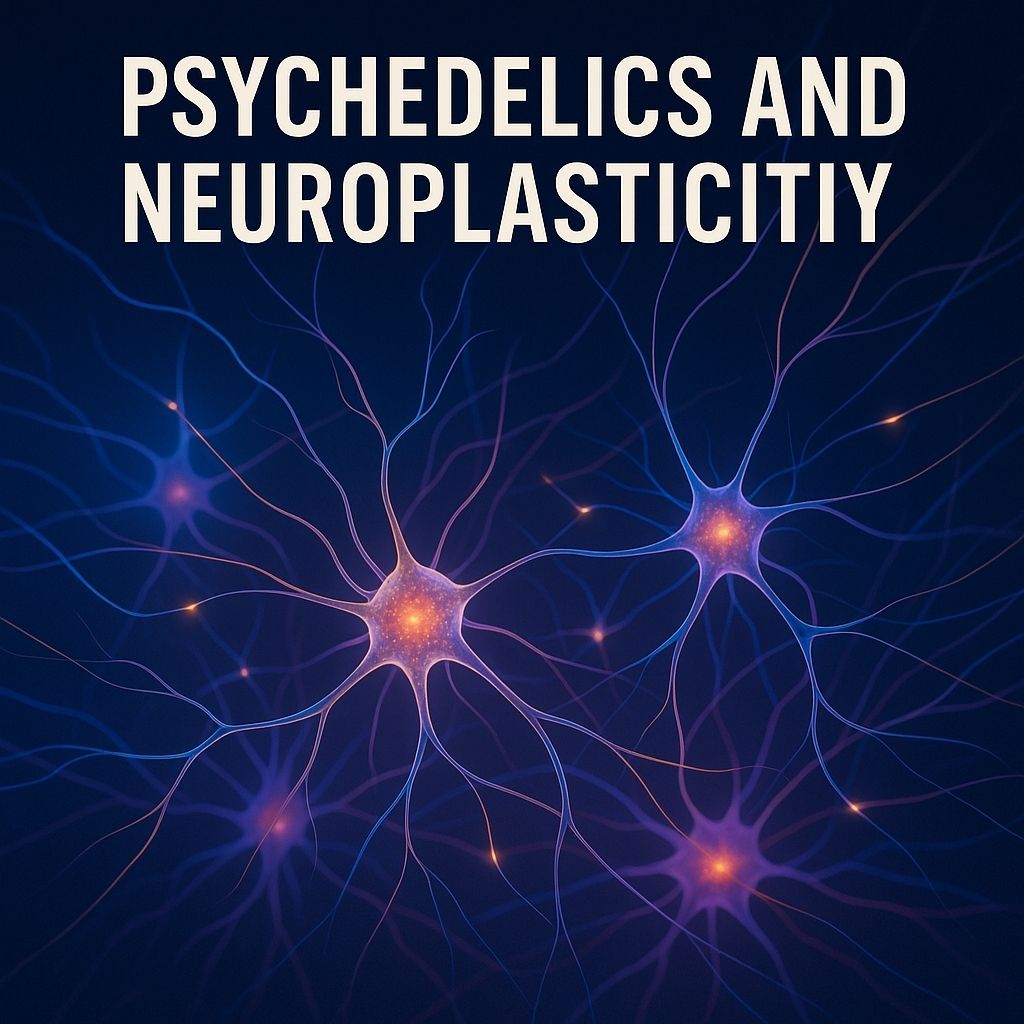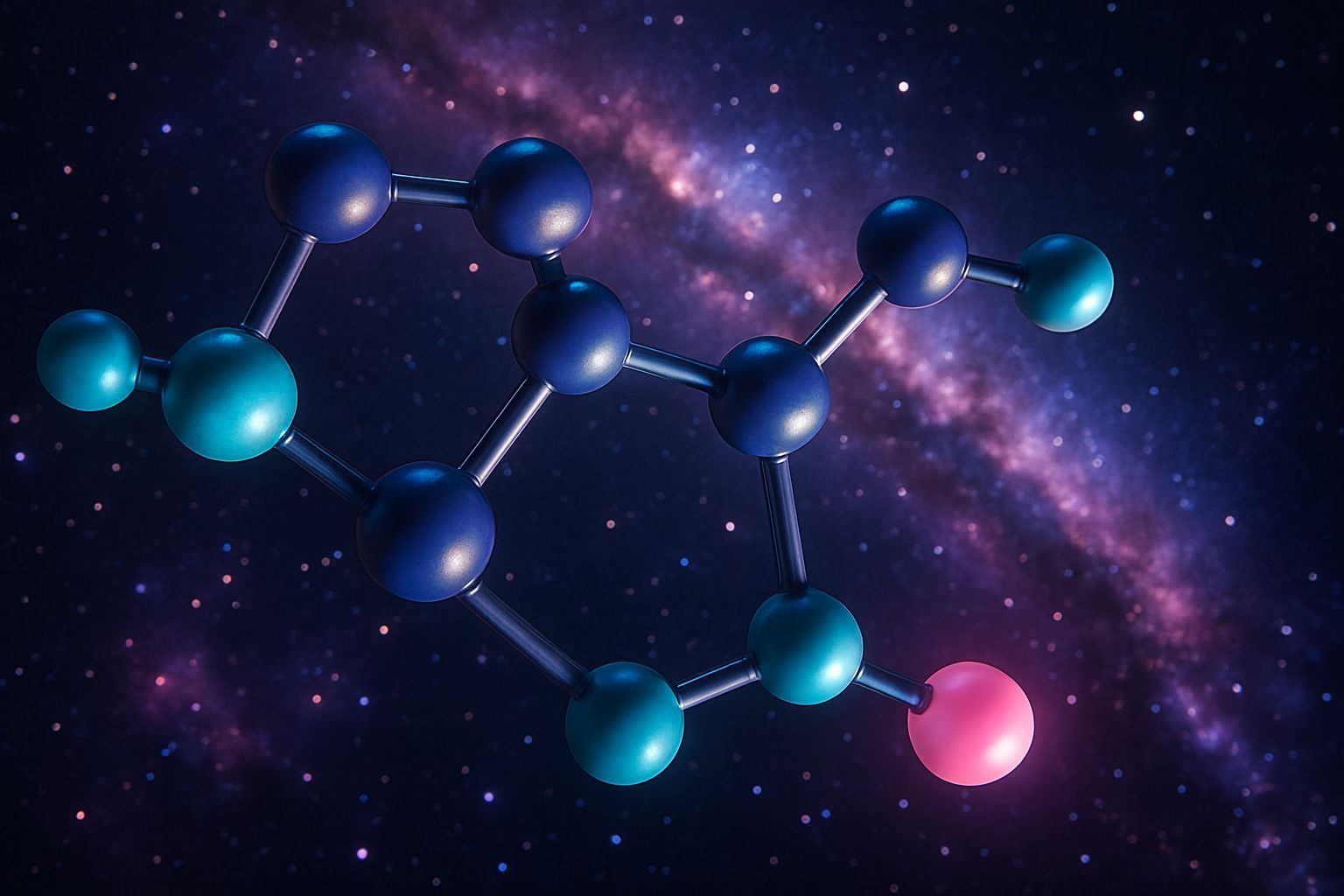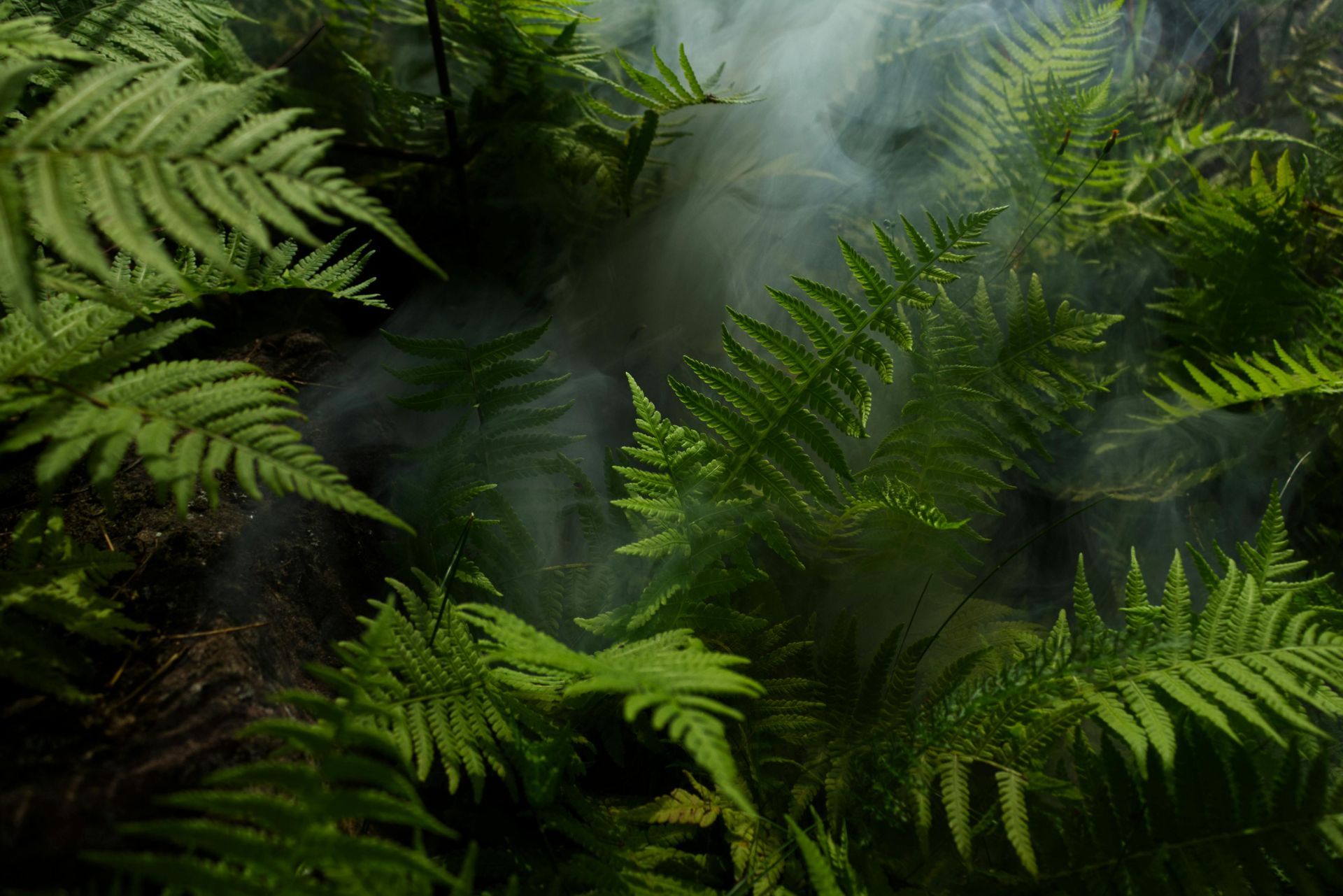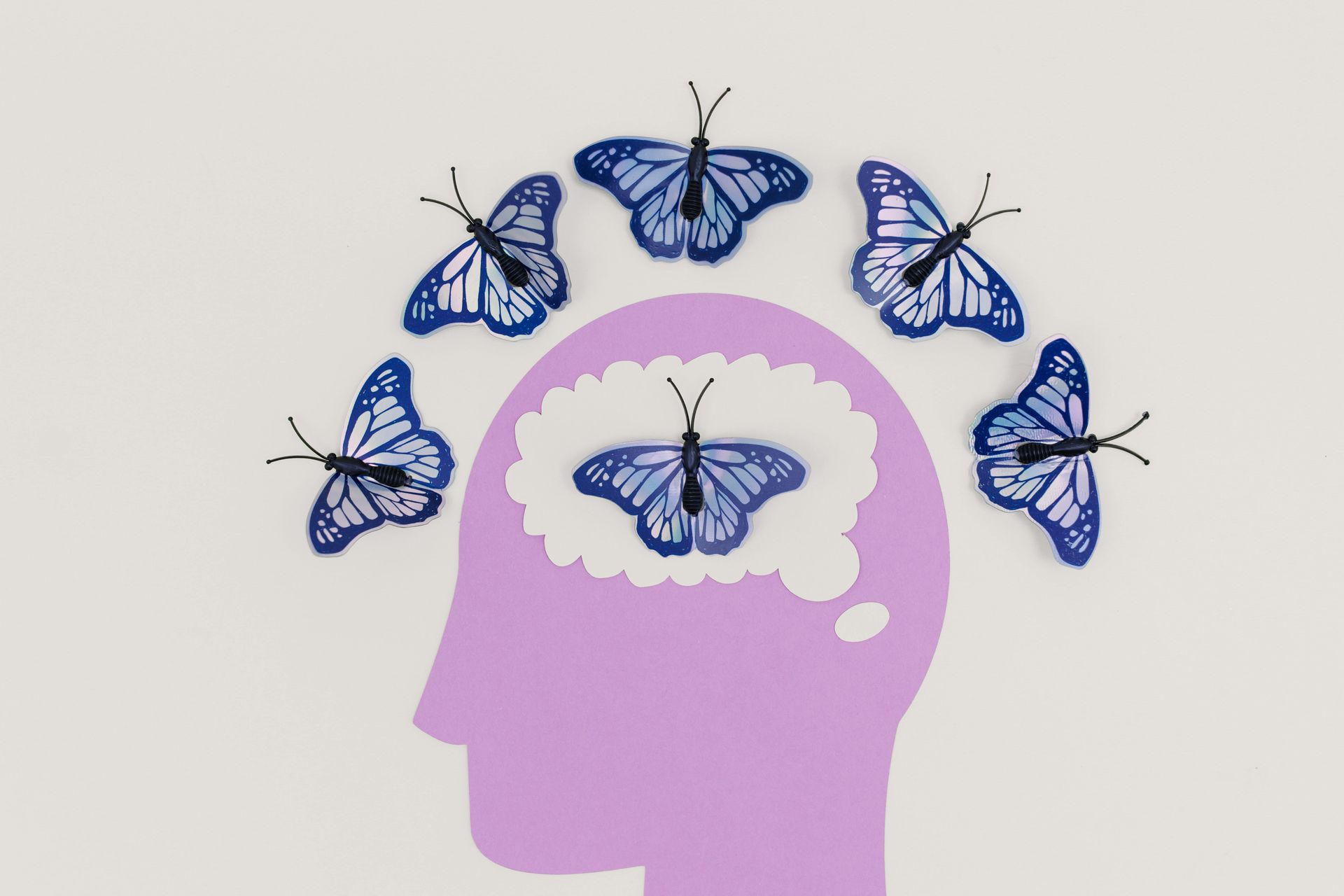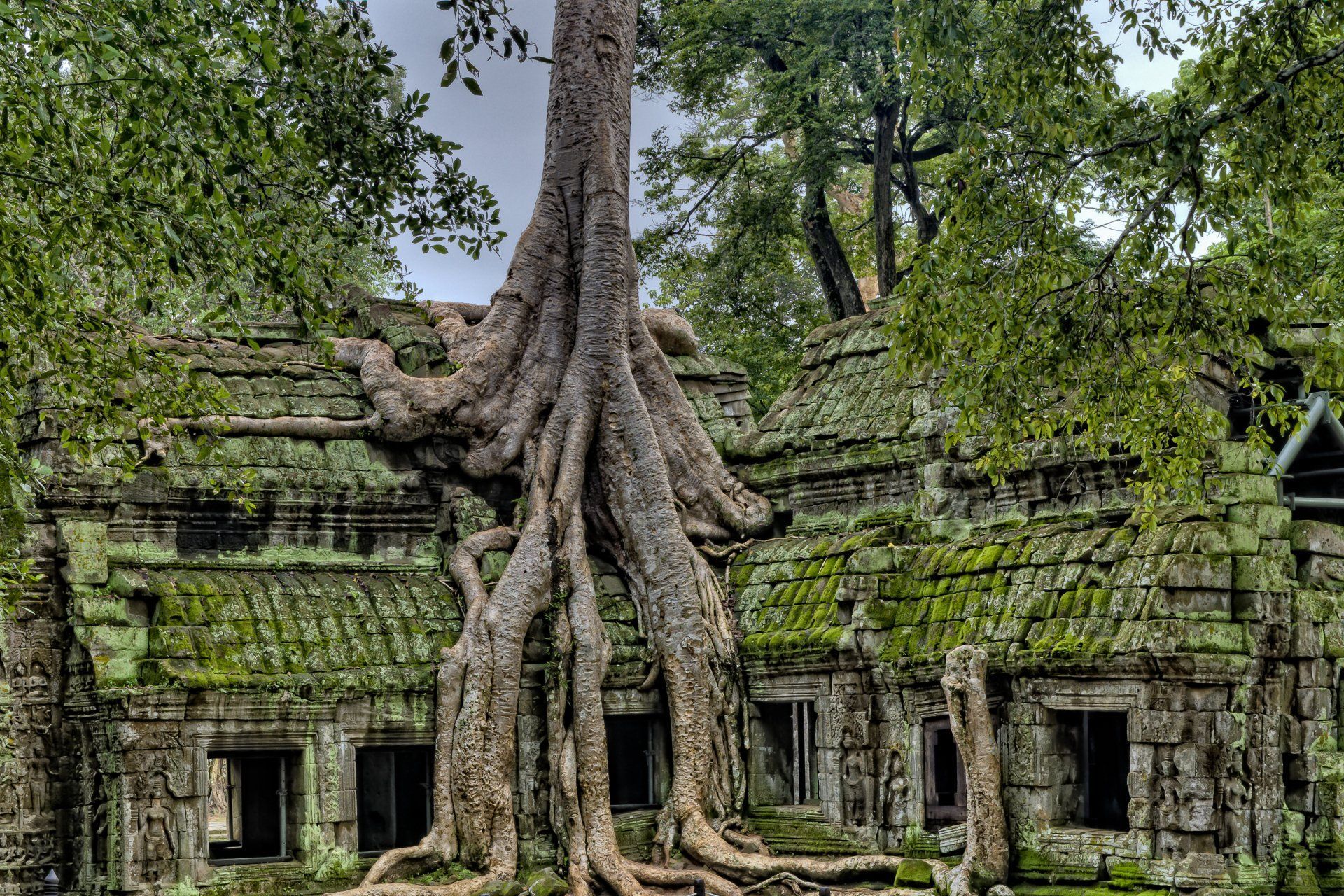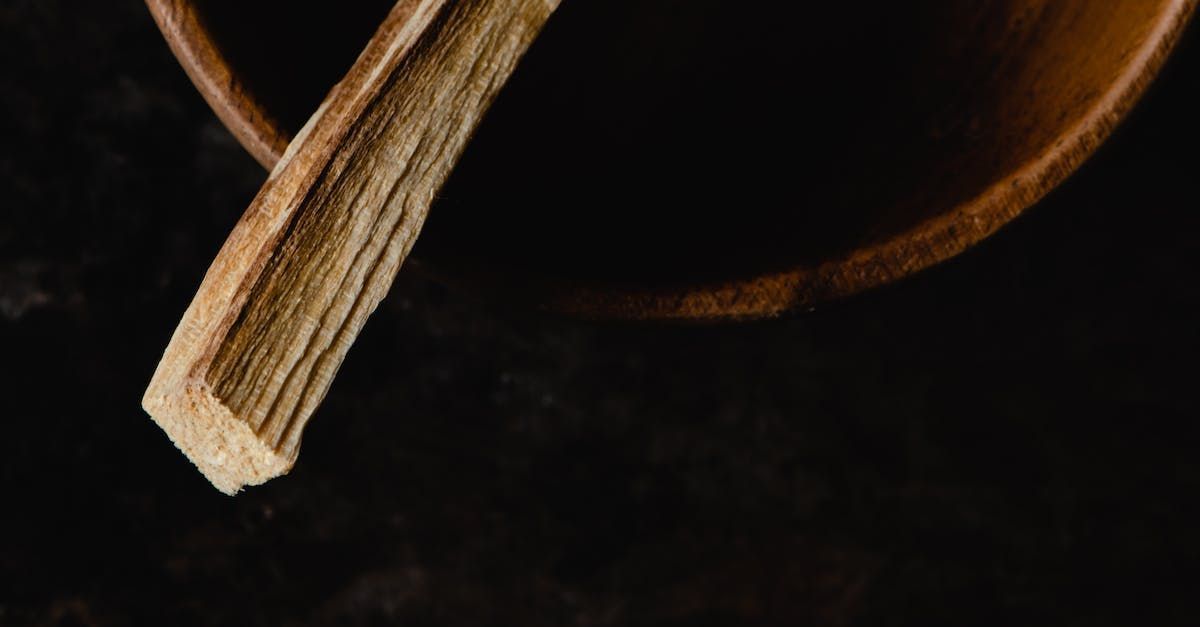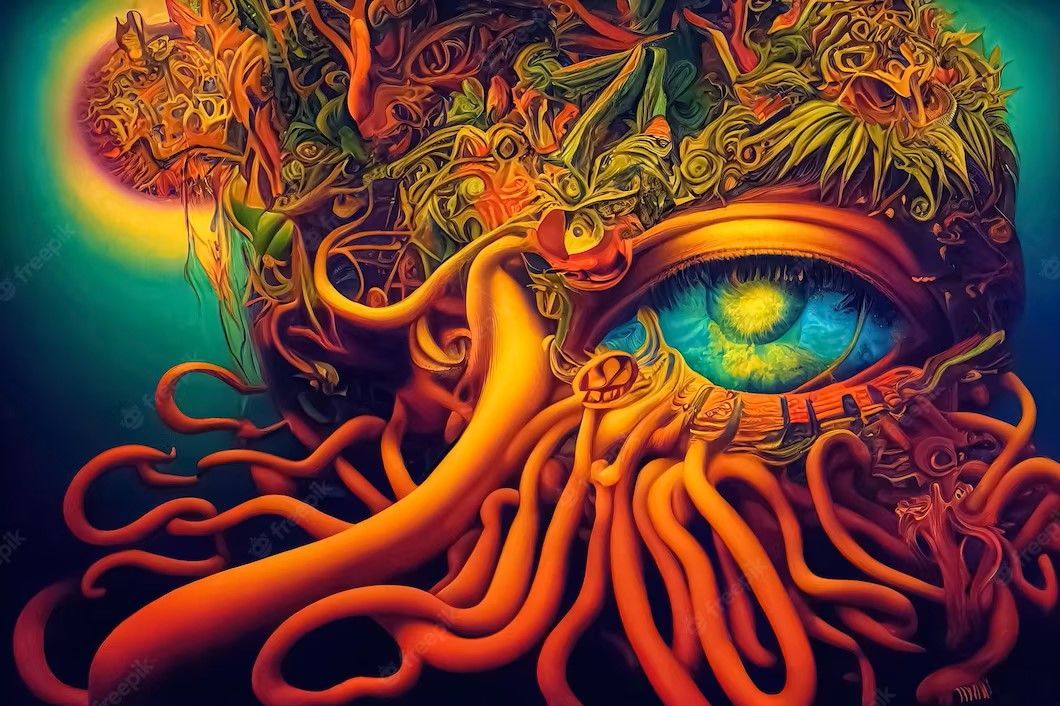Ayahuasca, Psilocybin & Mescaline: Therapeutic Insights
Exploring the Therapeutic Potential of Ayahuasca, Psilocybin, Mescaline, Kambo, and Bufo Alvarius
For thousands of years, sacred medicines such as Ayahuasca, Psilocybin mushrooms, and Mescaline-containing cacti have been used by indigenous cultures for spiritual and physical healing. More recently, Kambo and 5-MeO-DMT (from Bufo Alvarius) have joined the wider conversation around deep healing and consciousness work.
Today, modern science is beginning to validate what traditional healers have always known: these medicines, when used respectfully and intentionally, can support transformation, trauma resolution, and mental health. Let’s explore their unique qualities, therapeutic applications, and the emerging research that supports their use.
Ayahuasca
Traditional use: Amazonian healing, divination, and spiritual initiation
Active compounds: DMT (from Psychotria viridis) + MAOIs (from Banisteriopsis caapi)
Ayahuasca has long been revered by indigenous tribes as a “plant teacher”—a guide into the subconscious. In recent years, clinical research has shown its promise in addressing treatment-resistant depression, PTSD, and substance abuse.
A 2022 study published in Frontiers in Pharmacology found that ayahuasca users experienced significant reductions in depression and anxiety, with lasting effects up to six months later.
MRI studies have demonstrated that Ayahuasca modulates the default mode network, a brain region associated with rumination and trauma looping.
The Global Ayahuasca Project (with 11,000+ participants) confirms that ceremonial use is generally safe, especially when embedded in ethical frameworks and trauma-informed guidance.
Psilocybin
Traditional use: Mesoamerican spiritual ceremonies, rites of passage
Active compound: Psilocybin → converted to psilocin in the body
Psilocybin is currently leading the modern psychedelic renaissance.
A landmark 2016 Johns Hopkins study found that a single high-dose session produced sustained increases in well-being, life satisfaction, and spirituality—with over 80% of participants rating it among the most meaningful experiences of their lives.
In 2022, a phase 2 trial in NEJM demonstrated that psilocybin significantly reduced depressive symptoms in patients with major depressive disorder after just one session.
Psilocybin is also being studied for end-of-life anxiety, OCD, anorexia, and alcohol use disorder.
Over 300 peer-reviewed studies now validate psilocybin’s efficacy for mental health when paired with psychotherapy.
Mescaline (San Pedro & Peyote)
Traditional use: Vision quests, tribal medicine, Native American Church
Active compound: Mescaline (a phenethylamine)
Though less studied than psilocybin, mescaline’s role in identity dissolution, heart-opening, and interpersonal healing is well-documented anecdotally. New studies are emerging:
A 2023 paper in Psychopharmacology reported that mescaline use is associated with decreased substance misuse and enhanced mental health, especially when used ceremonially.
San Pedro (Huachuma) is known for its gentle but expansive nature, and is often recommended for first-time psychonauts.
Kambo
Traditional use: Amazonian cleansing and preparation ritual
Active compounds: Peptides including dermorphin, phyllocaerulein, and sauvagine
Kambo is not a psychedelic but a physiological detoxifier. It’s applied through skin burns, triggering a rapid purge—physically and energetically.
While clinical research is limited, preliminary studies suggest anti-inflammatory, antimicrobial, and even tumor-suppressing properties in its peptides.
It is believed to reset the immune and endocrine systems—a traditional understanding now echoed in some emerging biomedical frameworks.
Important: Kambo is not suitable for everyone and must be administered by trained practitioners who understand its risks (e.g. electrolyte imbalances, contraindications).
Bufo Alvarius (5-MeO-DMT)
Traditional use: No confirmed indigenous use, but modern ceremonial adoption
Active compound: 5-MeO-DMT (one of the most powerful known psychedelics)
Bufo experiences are often described as “ego death,” unity with all that is, or divine dissolution.” Though intense, the therapeutic potential is increasingly recognized:
A 2019 Frontiers in Psychology study found that a single 5-MeO-DMT session reduced anxiety, depression, and PTSD symptoms within 24 hours.
Unlike classic psychedelics, 5-MeO works quickly—peaking within minutes—and often results in nondual mystical states.
It’s also being studied for treatment-resistant depression and trauma resolution.
Ethical note: Due to ecological concerns, synthetic 5-MeO-DMT is now preferred to protect the endangered toad species.
Common Themes and Emerging Science
Despite their different mechanisms, these medicines share powerful commonalities:
| Effect | Scientific insight |
|---|---|
| Neuroplasticity | All increase BDNF and synaptic flexibility (new pathways for healing) |
| Default Mode Network modulation | Reduces self-referential thought (rumination, anxiety) |
| Trauma processing | Supports reprocessing of difficult memories in a nonverbal, embodied way |
| Spiritual access | Induces mystical states that increase meaning, forgiveness, and awe |
| Substance misuse recovery | Many show anti-addictive properties via self-connection, not suppression |
Final Reflections
Whether through the jungle wisdom of Ayahuasca, the gentle insight of Psilocybin, or the intense dissolution of 5-MeO-DMT, these medicines ask for reverence. With proper trauma-informed guidance, preparation, and aftercare, they can support real and lasting transformation.
At Vine of the Soul Retreats, we create space for this deep work—with a safety-first approach, compassionate facilitation, and ceremonial integrity rooted in both science and tradition.
VineoftheSoulRetreatsBlog


